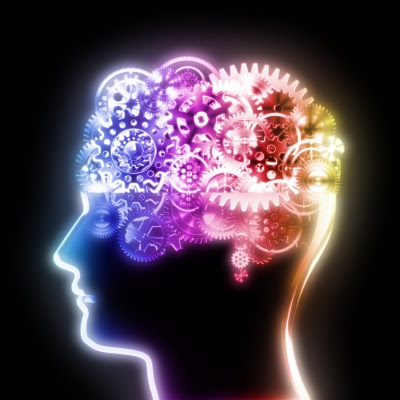Evolving the Brain's Evolving
The hands at the Darwin Ranch have been holed up down at Horsethief Canyon, telling tales around the campfire. This one's a doozy. A study was undertaken involving the differences between the brains of humans and chimpanzees, and they reached the conclusion that humans evolved the ability to evolve. Of course, no mention was made of how neuroplasticity in human infants was planned by our Creator.
Infant chimps develop more rapidly than human infants — and then their genetic makeup hollers, "Whoa!" Humans continue to develop and the changes are influenced by environment as well as genetics. But we are designed to develop further than our alleged evolutionary cousins. While the study was good while it stayed with operational, observable science, when the owlhoots began to make pronouncements about what happened in the distant past, that stuff left science and entered the realm of campfire stories.
 |
| Image credit: MR LIGHTMAN at FreeDigitalPhotos.net |
Chimpanzees, living in the 2037 world imagined by science fiction author Arthur C. Clarke, have been reclassified as Homo and granted full rights as persons. An evolutionary worldview—the belief that humans and chimps are close cousins evolved from a common ancestor—is the basis of this fiction. Yet even in that fictional future, as now, chimps and humans differ radically in behavior and intelligence. If chimps and humans share a common ancestor, how did humans get their bigger, better brains? Enquiring evolutionary minds want to know!To read the rest, head on over to "Did the Human Brain Evolve the Ability to Evolve?"
Evolutionists comparing chimp and human brains think they’ve found the answer. And while they have found physical manifestations of the unique, highly adaptive nature of the human brain, to claim they’ve answered the evolutionary question of its origin is another thing entirely. Nevertheless, their study is quite interesting for those amazed at the potential of a helpless human baby to quickly grow into a bright and clever child. Moreover, they shed light on how identical twins differ.